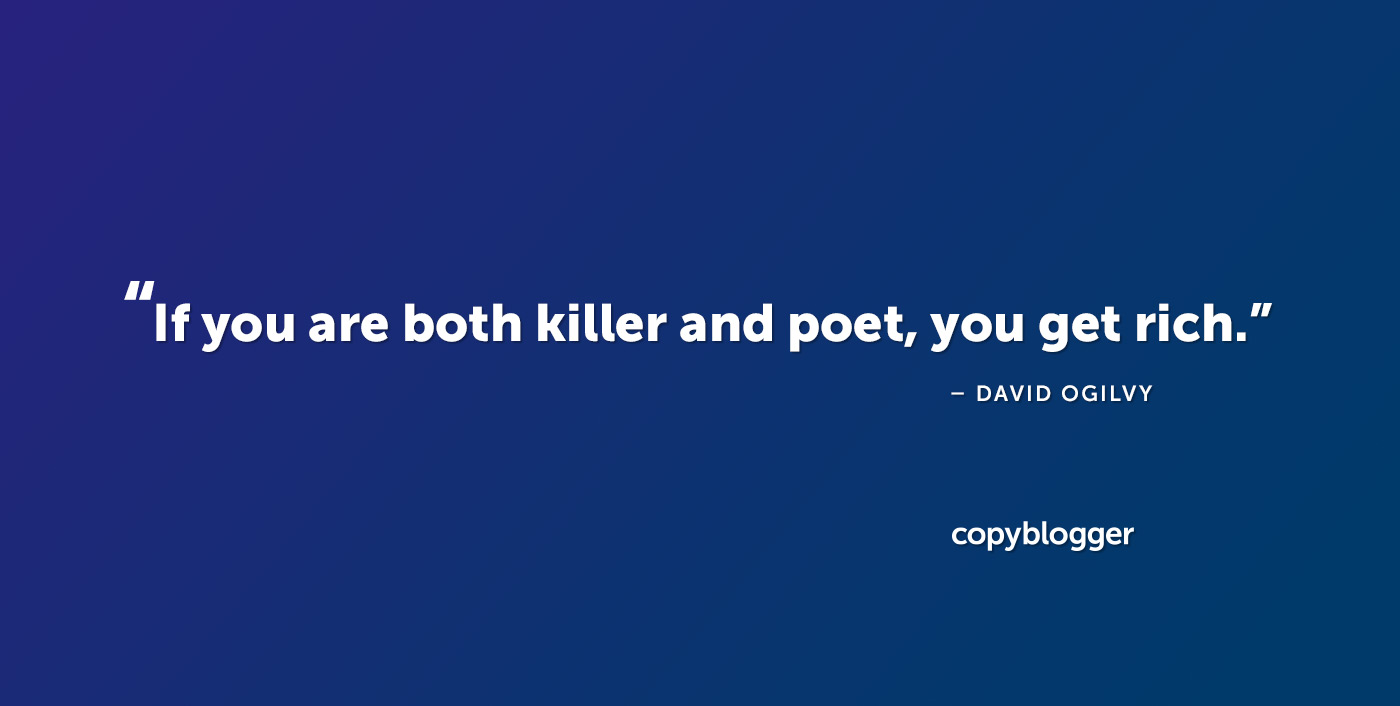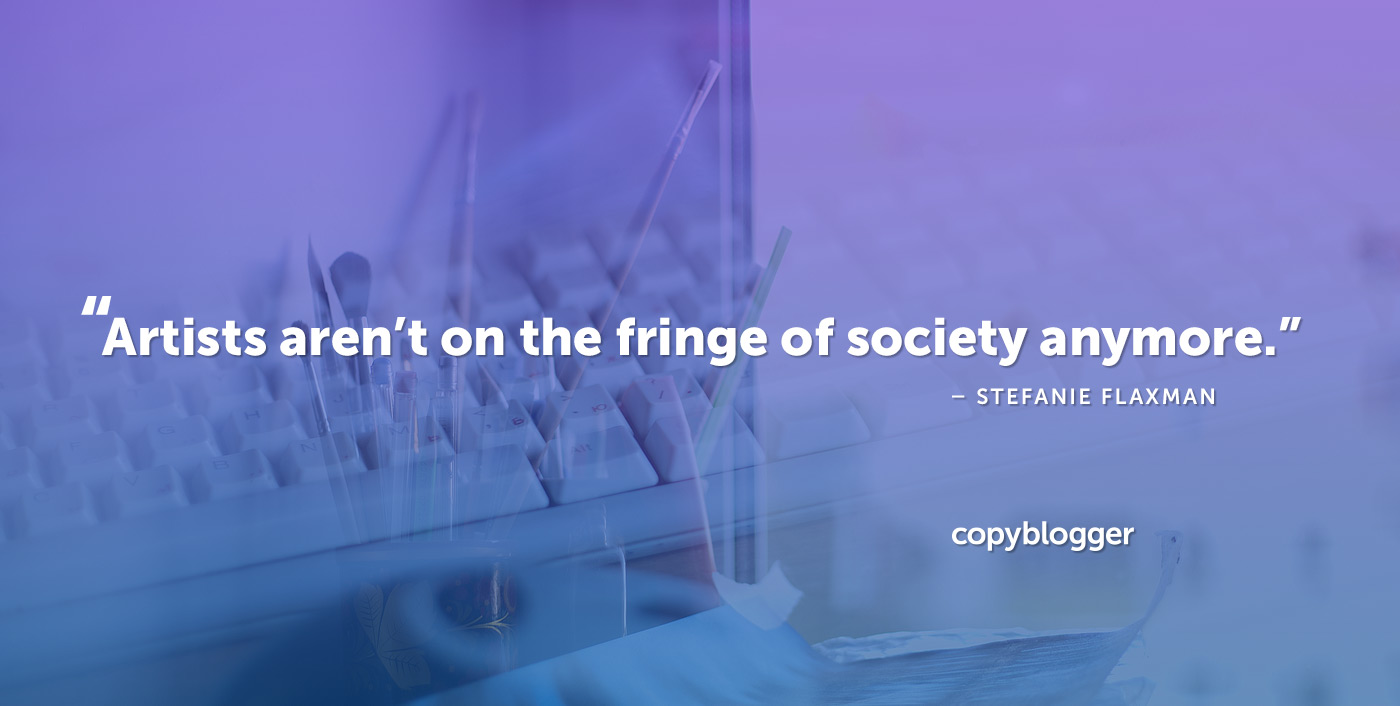The global pandemic has only magnified an existing loneliness epidemic. It didn’t create it.
Yes, loneliness was an epidemic during the time we now refer to as “before” (like the pre-apocalypse world in a work of science fiction.)
Even though we have countless ways of interacting with each other, we’re more lonely than ever.
What’s art’s role in the loneliness epidemic?
Since interaction does not equal connection, art can make us feel more connected like nothing else. When everything else feels dull, superficial, and fleeting, art persists.
Artists aren’t afraid of saying what other people keep in their minds, consciously and subconsciously. That’s why your favorite painting, song, or book might make you feel better when you’re down.
Your mood starts to shift after you see, hear, or read an expression of your experience in the world. You’re not the only one going through that emotion or challenge.
Artists are free to express what you’ve locked away in your head or narrate the raw, honest words you couldn’t find on your own.
That’s the power of art.
Poetic justice
As powerful as art is, it’s existed on the outskirts of society for quite some time.
Professional artists have never been in the same category as professional engineers, doctors, lawyers, accountants, etc.
In fact, putting the word “professional” in front of those other titles seems a bit redundant, even though it’s an important distinction for an “artist.”
For no good reason, art hasn’t been viewed as a “traditional” job. But today, more than ever, we need art to overcome the plague of loneliness.
The mainstream future depends on it — propelling art into the conventional space.
POETIC JUSTICE
noun: an outcome in which vice is punished and virtue rewarded usually in a manner peculiarly or ironically appropriate
For writers and content creators in 2020, our poetic justice is poetic commerce.
Poetic commerce
Artists are no longer on the fringe of society.
FRINGE
noun: the outer, marginal, or extreme part of an area, group, or sphere of activity
adjective: not part of the mainstream; unconventional, peripheral, or extreme
Mainstream jobs require art, because without the nuances of art, you won’t stand out.
The best products and services don’t get discovered without art, and if products and services never reach their intended audiences, there is no commerce.
Without art in digital business and marketing, we just have formless ideas.
Art puts our ideas into the eyes, ears, and hands of consumers.
Art not only makes us feel more connected, it connects great products and services with the right customers and clients.
But art, alone, is not enough to make that type of impact. It has a more passive, subtle nature opposed to the more aggressive, obvious professions traditionally viewed as superior.
Enter: poetic commerce.
Artists can learn the complementary “commerce” parts to thrive in the coming decade and never have to feel inferior again.
The Killer and the Poet
I started thinking about this new age of poetic commerce after reading Brian’s free PDF report, The Killer and the Poet.

So, I wanted to share a passage from it with you.
“In my two decades of experience with digital marketing, content is the key to attracting an audience. And it’s the audience that provides the winning difference that leads to more sales and profits.
Not just any ol’ content, though, or even any ol’ audience. And that’s why creative writers — the poets — are indispensable to digital marketing that works.
But you need the strategic element as well. You (or your client) must become a leader in a relevant movement, where the marketer guides the audience to advance shared ideas and aspirations.
Some people call that thought leadership, and whether you like the term or not, it’s definitely an exercise in leading your prospects toward success.
And these days it takes the intersection of creativity, strategy, and technology — a hybrid of poet, killer, and machine — to pull it off. Now even more so than in Ogilvy’s day, that’s how you get rich in the realm of digital marketing.
I’ve often said I can’t make a killer into a poet. It’s just not within my control.
The way you become a writer, and eventually a great writer, it to write. If the desire to write isn’t there, you’re going to have to learn to work well with creative writers to execute on your strategic vision.
But I can absolutely help poets become killers. In many ways, that’s what Copyblogger has been doing for the last 14 years.” – Brian Clark
You can combine a strategic, artistic vision with existing and emerging technologies to turn mere interactions into genuine connections and help people feel less alone.
That’s not a lofty statement. That’s a fulfilling life as a professional artist.
Pick up your free copy of The Killer and the Poet to find out more.
Download The Killer and the Poet
This free report covers the future of digital marketing for writers and other content creators in the face of rapid technological change.

Reader Comments (3)
Hi
Great to read thoughts like this. The pandemic has made many aware that life will never be the same
But I don’t believe loneliness has changed. I do think that many feel isolated and this is bad
I hope we all come out on the other side smarter than when we went in
Poetic commerce. What an interesting article. Change is the only constant afterall. If you don’t adapt, you will forever be on the losing side.
Stefanie, what a great post! I really appreciate your statement, “You can combine a strategic, artistic vision with existing and emerging technologies to turn mere interactions into genuine connections and help people feel less alone.” During this pandemic this is just what we need, the combination of artistry and technologies. I’ve noticed how schools are starting to bring back the arts too. It’s about time!
This article's comments are closed.